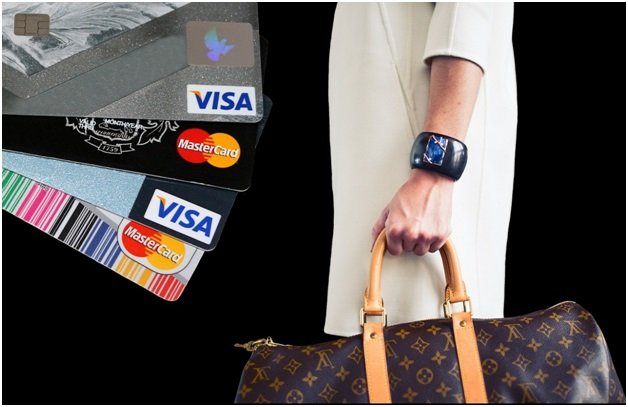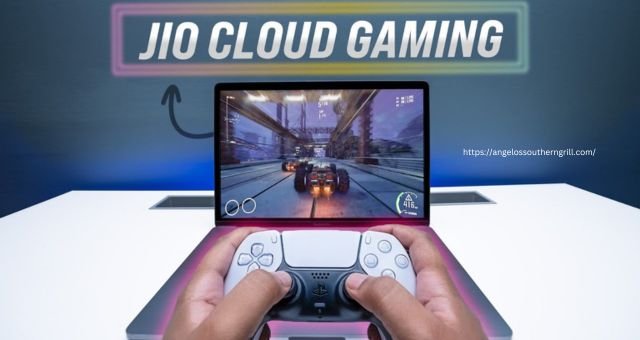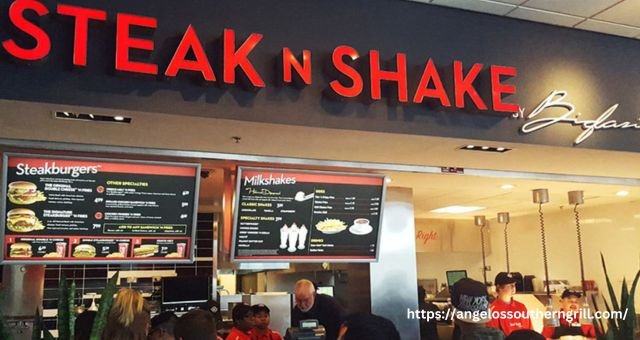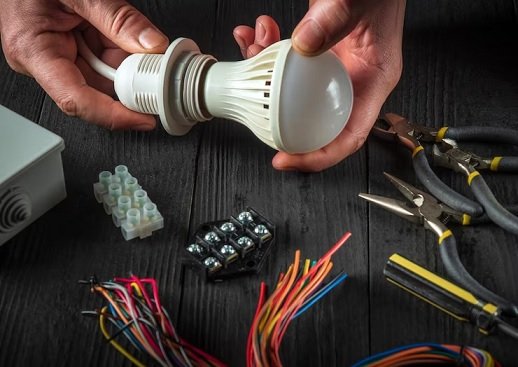Kontantkort Mobil: What is a Mobile Cash Card?

Cash cards are check cards that permit clients to make buys on the web and in stores utilizing reserves held straightforwardly inside their records, dissimilar to Visas that expand a credit extension.
A cash card is a type of payment card that contains money and can be used like currency. These cards can be used both at stores and online for purchases as well as withdrawal from ATMs; generally these cards offer low fees when it comes to both types of transactions and withdrawals from ATMs, plus additional features like those from Square can help teach children the importance of managing their funds responsibly.
Prepaid debit cards allow children to limit their spending to the funds loaded onto the card, meaning they cannot incur debt or overdraw their account. These cards can often be used online as well as at stores that accept Visa. By contrast, debit cards link directly to bank accounts and give users access to all available funds in their account.
PayPal provides its own debit card known as the Cash Card; many other major debit and others also feature them with similar fee structures; for instance, Cash App’s card charges $2.50 for in-network ATM withdrawals while out-of-network ones cost $0.25; Wise’s can be bought for a flat fee of $98 with no additional costs attached to it.
As it is important for children to learn how to manage their money responsibly, the right age for a first card should be carefully considered. Most children can receive their first card around age 6, making this an excellent opportunity to teach them about money management. Cards like GoHenry Prepaid Debit Card for Kids come equipped with built-in features to aid children’s financial education.
They are preloaded payment cards that enable users to make payments in various forms, from ATM withdrawals and online or store purchases, to taking out loans against funds already stored on them. Some of them serve as debit accounts while others act like others with additional borrowing capabilities based on your available balance on them. They often feature safety features like PIN numbers or chip technology in order to protect users against unauthorized transactions.

There is a wide selection on the market today. Before making your choice, consider your child’s needs and select one that best meets them. A money card is a successful method for showing your kid planning and obligation while likewise giving you control of how they spend their cash and giving a helpful option in contrast to hefting cash around with them. Notwithstanding, it is crucial for know the distinction between a money card and check card prior to buying one.
They differ from traditional debit cards in that they do not rely on bank accounts to make purchases and withdrawals; instead, their preloaded balance provides funds to purchase and withdraw at merchant locations or ATMs. Balances can be replenished through automatic deposit or adding funds directly onto the card itself; some even feature rewards programs!
Charge cards, then again, are connected to your financial records and permit you to get to its assets whenever. They can be utilized for cash withdrawals at ATMs, buys both on the web and in stores and bill installments as well as loans with related charges; installment due dates generally should be met.
Traditional debit cards can be great options for children looking to manage their spending and save money. When selecting a cash card for your child, make sure that it provides sufficient flexibility and review any associated fees such as maintenance charges, ATM withdrawal fees or transaction costs before selecting a provider who excels at customer service with robust security features.

Uses
They are electronic payment tools that store a balance of cash for various uses, including paying bills or purchasing online purchases. Depositing into bank accounts also becomes possible using this payment tool – not replacing physical cash altogether but instead serving as an effective financial management solution.
These cards can be loaded with money at any store that accepts them, from ATM machines and the internet reloads as well. Unlike others, however, these prepaid debit cards don’t give cardholders a line of credit and so they only spend what funds are available on their cards.
Some of them feature unique benefits that set them apart from others, including rewards and perks like instant discounts, customized cards and various reload options. Furthermore, some offer added security through biometric technology such as iris scans, face recognition software or fingerprint scanning.
Cash App is more than a physical card; it’s an online platform offering versatile functionality beyond what is usually found with regular prepaid cards. Users can use Cash App’s card in stores, online shopping carts and ATMs to use up their balance – in-store transactions can even use out-of-network ATM withdrawal refunds! Cash App allows users to set direct deposits as well as claim refunds when withdrawing outside network ATM withdrawals are completed successfully.
The Cash App card is linked directly to your cash app balance, which can be linked with a bank account. It can be used anywhere Visa is accepted – both physically in stores and online – as well as offering extra perks that other prepaid cards don’t such as free in-store transactions and one reimbursed out-of-network ATM withdrawal per month.
Though Cash App provides numerous features, it does have some drawbacks. One major issue for people attempting to build savings accounts may be its inability to earn interest; however, high yield savings accounts are available elsewhere on the market and can provide better results.

Limitations
They are check cards that empower shoppers to make on the web and in-store installments for labor and products. You can set everyday spending limits that ready you when your day as far as possible has been met, including retail location buys and ATM withdrawals; commonly the most extreme day as far as possible is $1,000 each day; making this card an ideal answer for understudies or guardians hoping to guarantee their kids just utilize what’s on their cards.
Prepaid debit cards offer an easy and safe way to carry money without having to carry large sums in cash or check accounts. Simply preload funds onto the card by transferring from your bank account or purchasing one from a retail store; once loaded you can use it like any regular debit card and reload whenever needed – these cards also feature lower fees than others and are generally accepted at most merchants.
They might give a few benefits, for example, lower dangers of overspending; nonetheless, charge cards offer more noteworthy comfort and may accompany extra advantages like protection or money back remunerations. Many individuals actually select to utilize Visas while making bigger buys or voyaging globally; besides, Mastercards give greater security and assist with building your financial record.
Regardless of which installment technique you settle on, it is urgent that you figure out its benefits and impediments. While thinking about which will best meet your financial plan and way of life needs, a few key contemplations incorporate utilizing cash or a Visa.

Security
Security features available for them vary depending on their type. Some cards like these: mobilabonnement.com/kontantkort/ feature PIN numbers for verifying purchases while others provide password protection against transactions being seen by third parties. FDIC insurance protects against unauthorized use while Visa’s Zero Liability policy offers protection in case your card is lost or stolen online or offline.
Prepaid debit cards provide another type of cash card option, allowing people to load money onto them prior to use and spend only up to what’s on the card. They’re an ideal way to teach children budgeting and spending responsibly while traveling; plus they make paying for goods or services easier!
One key consideration when using a cash card is not giving out personal data to strangers. Furthermore, you should keep your PIN safe by not saving or telling it out – even if someone claims they work at the bank – or saving it online. Finally, cutting the IC chip off before disposing of your card would also be prudent.
Cash management accounts (CMAs) are financial products that combine features associated with checking, savings and investment accounts into one product, often offered by non-bank financial institutions and targeting small businesses and individuals looking for ways to more efficiently manage their finances. They may be offered through tax advantages.
There are various kinds on the market. While some allow you to withdraw cash at ATMs, others are only good for payments and deposits. Some of them also impose restrictions such as minimum deposits or maximum limits – doing your research is key when selecting the ideal one! If you’re in search of new accounts.














